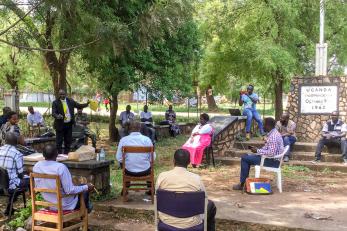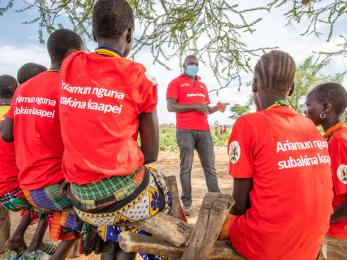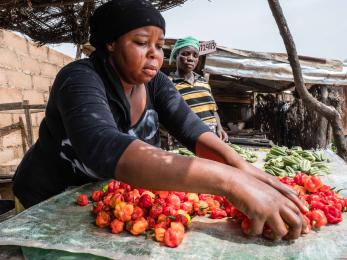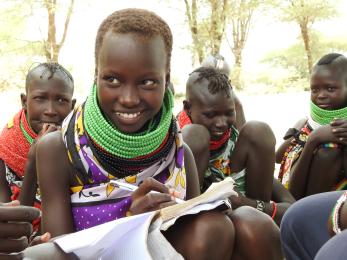Overcoming the Trust Deficit
Engaging Communities to Succeed in Vaccinating the World Against COVID-19

Download the full report ▸
Download the policy brief ▸
One of the biggest challenges in ending the COVID‑19 pandemic will be pervasive mistrust in both vaccines and government actors leading the rollout. Vaccine hesitancy is particularly acute in fragile and conflict-affected settings, where corruption and abuse of power fuel mistrust in the government and their prioritization of COVID‑19 prevention measures. By the time vaccine campaigns reach these communities, there is a real risk that vaccine refusal will be high, further prolonging the spread of the virus, protracted waves of conflict and economic disruption.
This report argues that in order to break this vicious cycle, it is necessary to overcome the trust deficit between communities and the actors who will be leading vaccine rollout. Building public trust in distribution of COVID‑19 vaccines will require an enormous, united effort to ensure inclusive community engagement and improve government trustworthiness. By collecting evidence from past vaccine rollouts and examples from programs implemented by Mercy Corps during the COVID‑19 pandemic and other public health crises, this review shows how donors, policymakers and practitioners must invest in inclusive community engagement during vaccine rollout to ensure a swift end to the pandemic.


